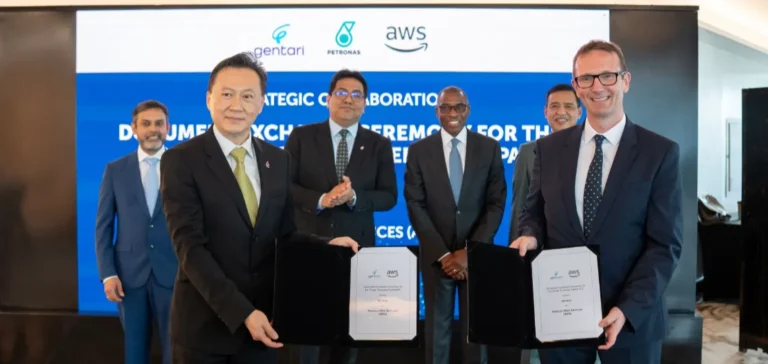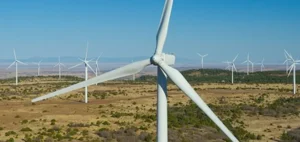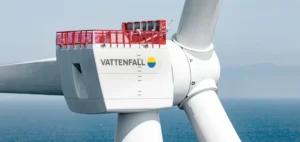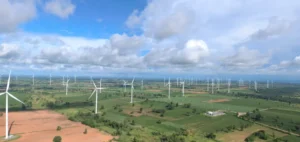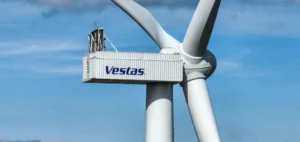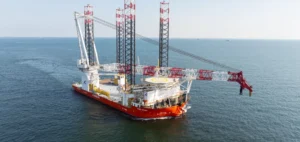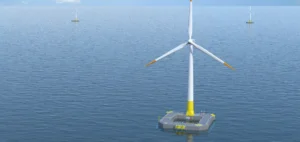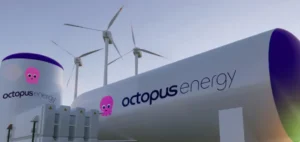Gentari, a clean energy solutions provider, has formalised the signing of a Power Purchase Agreement (PPA) with Amazon Web Services (AWS) for an 80-megawatt wind project in the state of Tamil Nadu, India. This agreement follows an initial partnership established in 2023, aimed at developing new, competitively priced industrial-scale renewable energy projects.
A large-scale wind project in India
The project is scheduled to commence operations from mid-2027 and is expected to produce nearly 300,000 megawatt-hours of renewable electricity annually. This capacity will help strengthen the supply of clean energy available in India, which remains one of the key markets for renewable energy growth in South Asia. Gentari stated that the supply of wind power is part of its strategy to expand into the Asian market, with a focus on low-carbon energy solutions.
The signing of the agreement was formalised during a document exchange ceremony between the two companies. Gentari was represented by its Chief Renewables Officer, Low Kian Min, while Amazon Web Services was represented by Jeff Johnson, Managing Director for ASEAN. Among the witnesses were several executives from both groups, including Tengku Muhammad Taufik, Chairman of Gentari and Group Chief Executive Officer of PETRONAS, as well as Sushil Purohit, Chief Executive Officer of Gentari.
Acceleration of regional renewable projects
According to Gentari, this partnership is part of a shared commitment to implementing scalable clean energy solutions, responding to the growing demand for electricity in the Asian market. The development of the Karur wind site exemplifies the diversification of the regional energy mix, as industrial and digital demand continues to increase across the Indian subcontinent.
AWS reiterated its goal of reaching net zero carbon emissions by 2040, stating that this agreement consolidates its position among the world’s largest purchasers of renewable electricity. Gentari continues to roll out its multi-energy strategy, including wind, hydrogen, and green mobility, while seeking to strengthen its commercial partnerships in the region.
The operation illustrates the growth momentum of renewable energies in the Indian market and confirms the willingness of major technology groups to link their regional development to low-carbon energy sources.


